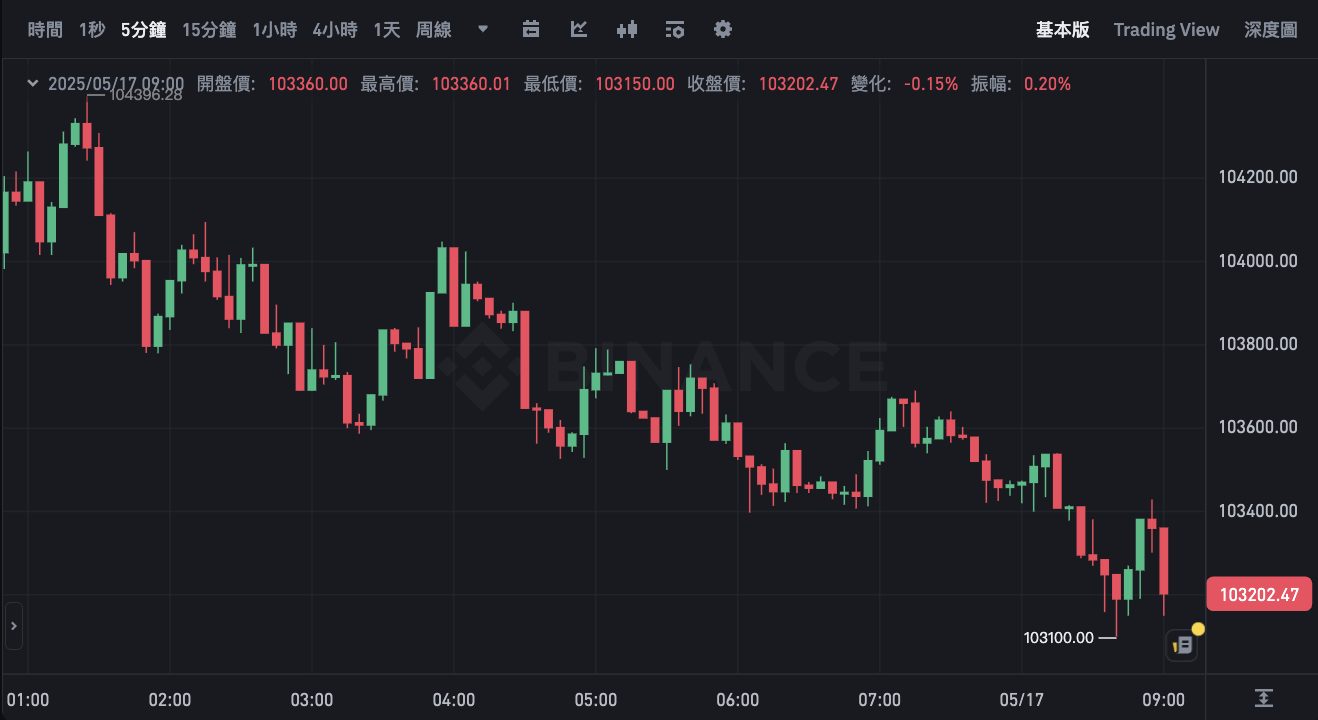According to the Financial Times report, during a recent visit to Middle Eastern countries, US President Trump stated during a meeting with corporate executives in the United Arab Emirates that the United States will unilaterally impose new tariffs on multiple countries within the "next two to three weeks" with even higher tax rates. He mentioned that Treasury Secretary Scott Bessent and Commerce Secretary Howard Lutnick will "send letters, basically notifying countries" to clarify the "fees that need to be paid for doing business in the United States".
Tariff Negotiations Progress Slow
Reviewing early April this year, Trump announced an executive order to impose at least 10% general tariffs on all imported goods and higher "reciprocal tariffs" on multiple countries. However, perhaps due to the massive impact of tariffs on the global economy, Trump subsequently postponed the tariff implementation by 90 days, maintaining only a 10% baseline tariff to provide negotiation space for the United States and other countries.
However, today, tariff negotiations have progressed very slowly. According to public reports, the United States has only reached a limited trade agreement with the United Kingdom. Meanwhile, while the US and China have mutually reduced tariffs - with the US reducing tariffs on Chinese goods from 145% to 30% and China reducing tariffs on US goods from 125% to 10% - their deep-seated differences remain unresolved. Moreover, negotiations with other major trading partners such as Japan, South Korea, Vietnam, India, and the EU have shown no substantial progress, indicating that the United States is facing challenges in its goal of reducing trade deficits.
Trump Forces Compromise? Experts Warn of Market Volatility
Regarding Trump's public statement about implementing new tariffs in the short term, some analysts believe that his remarks may be further pressure on negotiating parties, attempting to force more concessions at the negotiating table. Trump has consistently used an "extreme negotiation" strategy, first setting high-pressure conditions to trigger a crisis, then forcing the other party to compromise. For example, New York Times reporter David E. Sanger previously analyzed that Trump's high tariff threats are more of a negotiation chip than a policy that will necessarily be implemented.
However, BBC international business correspondent Theo Leggett has also warned that the mutual tariff reduction between the US and China is the first sign of thawing relations in months, but does not represent long-term stability. Trump may change his stance at any time due to domestic political or economic pressures. Therefore, some experts warn that Trump's new tariff threats could again trigger market volatility, and investors should remain cautious.
US Stocks Rise and Fall, Bitcoin Drops Below $103,000
Regarding this news, the stock market does not seem to show a notably pessimistic attitude. According to Google Finance data, among the four major US stock indices, only the Philadelphia Semiconductor Index slightly declined, while the other three major stock indices rose, specifically:
- Dow Jones Industrial Average: Up 0.78%, or 331.99 points, at 42,654.74 points
- S&P 500 Index: Up 0.7%, or 41.45 points, at 5,958.38 points
- Nasdaq Index: Up 0.52%, or 98.78 points, at 19,211.10 points
- Philadelphia Semiconductor Index: Down 0.21%, or 10.26 points, at 4,922.19 points
In the cryptocurrency market, Bitcoin dropped below $103,000, briefly touching $102,954 before the article was written, slightly down 0.56% in the past 24 hours. Ethereum also broke below $2,500, dropping to $2,483, down 1.74% in the past 24 hours.






